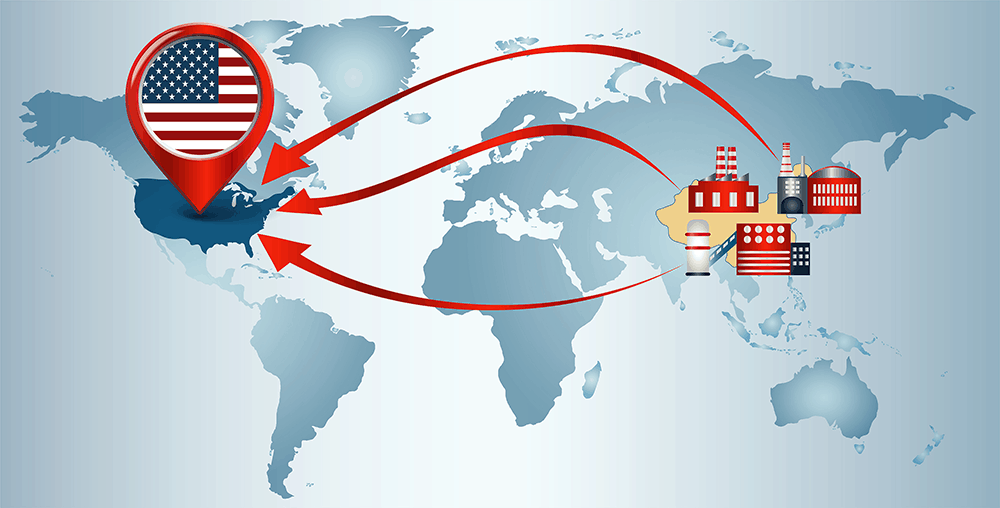
While COVID-19 has and continues to ravage economies around the world, corporations are scrambling to sustain operations and maintain their supply chains. While caught in the crosshairs of navigating the pandemic’s impact on their operations and financial sustainability, global companies seem to have overlooked accountability in their supply chains, specifically human rights compliance.
In late September, the U.S. House passed the Uyghur Forced Labor Prevention Act, a bill that imposes various restrictions on trade related to China’s Xinjiang Uyghur Autonomous region, including by prohibiting certain imports from Xinjiang and imposing sanctions on those responsible for human rights violations there.
Two months later, the Associated Press reported human rights violations against women in palm oil plantations across Indonesia and Malaysia, which together produce 85% of the world’s vegetable oil. And Nestle SA and Cargill Inc continue to battle human rights claims in the Supreme Court.
As Harry “Skip” Brandon, founder of Smith Brandon International (now Kreller Smith Brandon) stated – rather eloquently – during a conversation on supply chain due diligence, “We’ve seen this before. Companies turned their focus so entirely on the crisis du jour that they neglected to focus on their operations—most importantly, their supply chain.”
Even outside of a pandemic, due diligence and investigations of human rights violations are not trivial processes. Each requires a specific set of capabilities, and both demand investigators that can navigate a changing set of rules—who understand the need for a change in old techniques. In regions like Xinjiang China, where local governments enable human rights violations, how do companies get to the root of their suppliers’ operations to ensure compliance with human rights regulations?
The COVID crisis has made the process even more challenging, yet global organizations cannot get complacent. More of their constituents have gained a heightened sense of corporate social responsibility during the wrath of the pandemic, which has showcased global communities’ growing need for humanization.The COVID-19 pandemic is forcing companies to shift their supply chains, creating a greater need for front-end due diligence in order to ensure compliance with all human rights regulations across the globe.
For more than three decades, Kreller Smith Brandon has been assisting companies in preparing due diligence programs, to help mitigate risks to their supply chain. Kreller Smith Brandon investigators gather legal intelligence that is compliant with all national and international regulations.
Skip Brandon ended our conversation with this: “It behooves any company to have measures in place to make sure a crisis doesn’t take over their operational integrity. COVID is just another crisis that shined a spotlight on this issue. Companies have to challenge themselves to anticipate and prepare for the fact that a strain on their supply chain will happen again.”
About Kreller Group
The Kreller Companies were founded in 1988 by a former D&B national account manager who envisioned a straight forward and cost-effective way to conduct business investigations and share results with clients. Today the Kreller Companies are comprised of Kreller Group, Kreller Credit and Kreller Consulting.
Want to discuss how our expertise can help? Click here.

